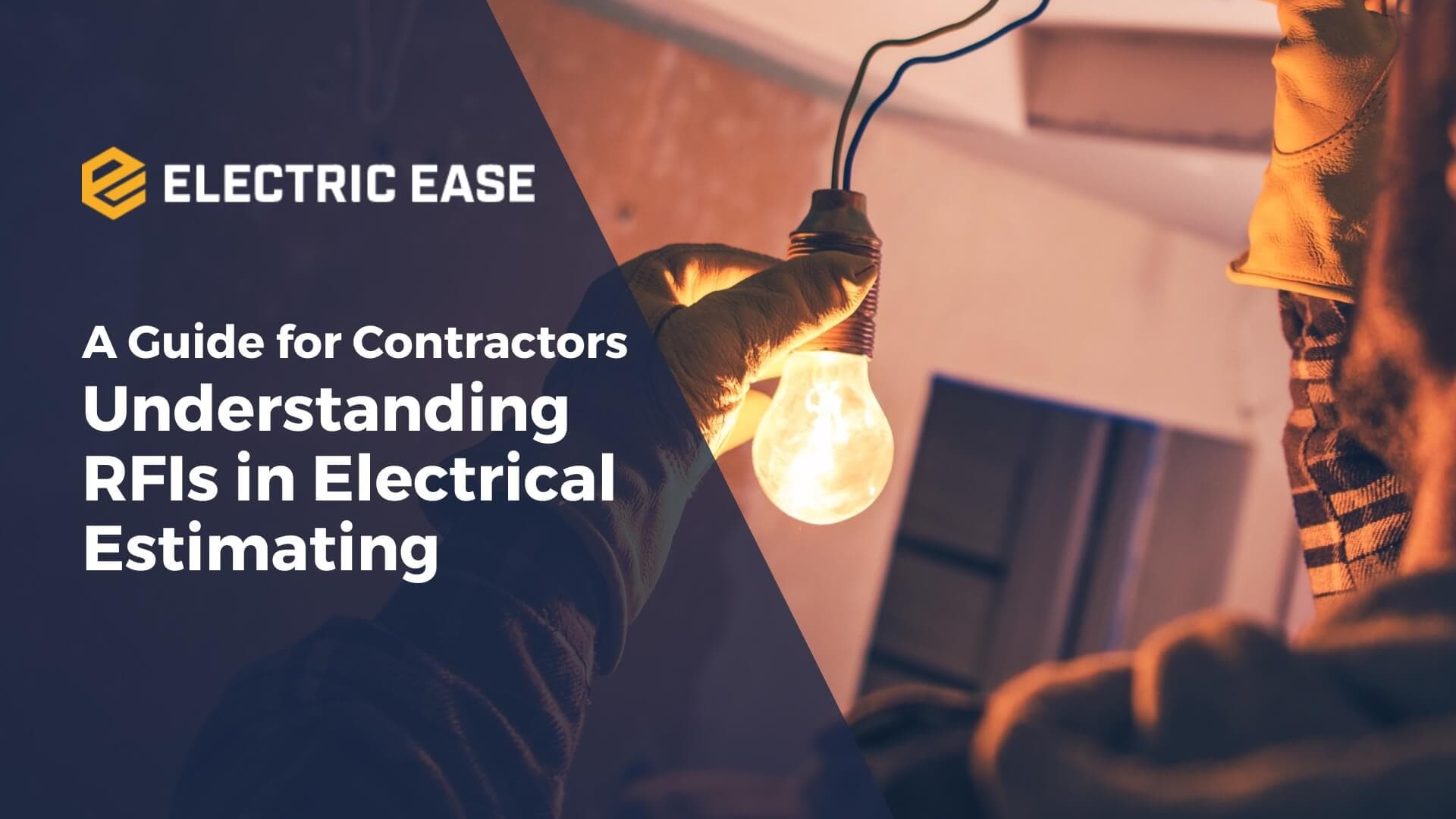
As an electrical estimator, the accuracy of your estimates relies heavily on the quality of information available in project documents. When discrepancies or gaps in information arise, it's essential to address them promptly through a Request for Information (RFI).
This blog post explores the role of RFIs in electrical estimating and how to utilize them effectively.
A Request for Information (RFI) is a formal process for electrical estimators to ask the project owner or architect for additional information or clarification regarding project documents such as plans, specifications, components, and addenda.
RFIs should be issued when you encounter discrepancies, omissions, or unclear information within project documents that could affect the accuracy of your electrical estimate. Examples include missing details on electrical layouts, unclear specifications for materials, or conflicting information between plans and addenda.
A well-written RFI should be concise, clearly outlining the specific issue or question at hand and referencing the relevant project documents. Be professional and courteous in your request and allow sufficient time for a response before the estimate submission deadline.
Keep a log of all RFIs issued for a project, including the date, the specific issue, and the response received. This record helps maintain organization and ensures that you address all outstanding questions before finalizing your electrical estimate.
RFIs can affect the estimating process in several ways. They may uncover additional costs, require revisions to your initial scope of work, or necessitate alternate materials or installation methods. It's essential to update your estimate accordingly and document any changes resulting from RFI responses.
RFIs play a crucial role in the electrical estimating process, allowing contractors to address information gaps and discrepancies in project documents. By issuing well-crafted RFIs and tracking the responses, you can create more accurate estimates, avoid potential disputes, and contribute to the overall success of your electrical contracting business.